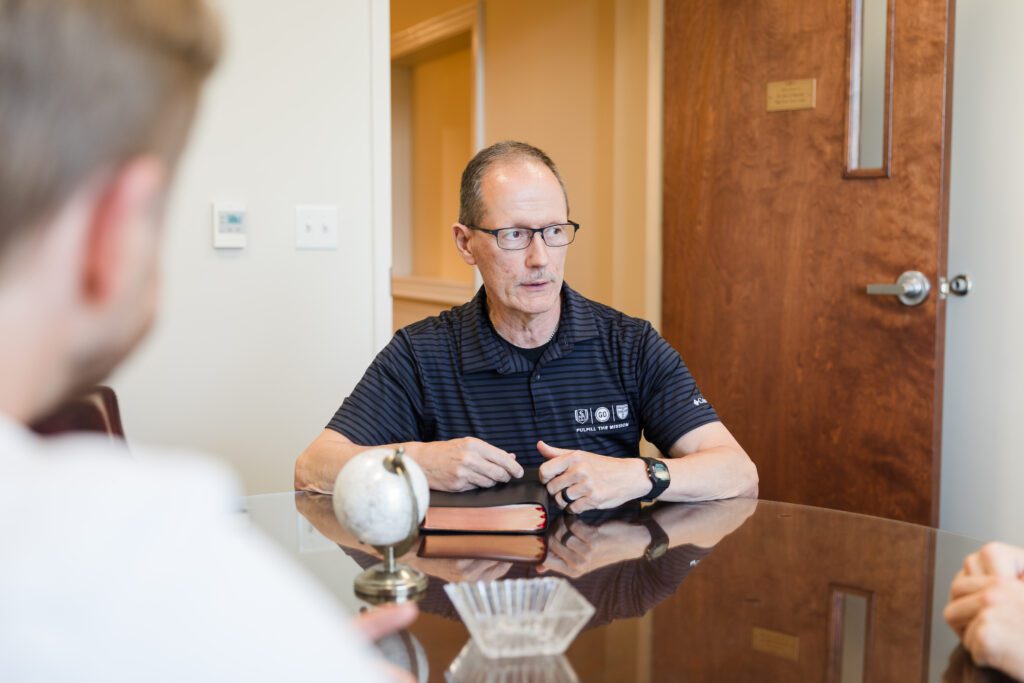I don’t like criticism. I don’t like it when someone negatively critiques my sermon, my blogs, my teaching, or anything else. I want to be humble and teachable, but I still struggle every time criticism happens. So, I’m still learning to do these things that help me in those times . . . .
- Take a breath before doing anything. Even the old suggestion of counting to 10 is not a bad one. The point is, I don’t want to react without thinking.
- Ask God to make me teachable. When I immediately blow up and move toward defending myself, I’m not teachable. That’s a bad place to be.
- Assume my critic honestly cares. Even if I don’t know him or her, I can still assume my critic cares about the gospel and the glory of God. That allows me to hear the criticism differently.
- Try to separate the point from the tone. Much of the criticism I receive comes in writing. When that’s the case, it’s easy to assume in the words emotions that may not be there—so I try not to do that.
- Consider the possibility of kernels of truth somewhere in the criticism. To be honest, I can’t remember the last time I received a criticism from which I could learn nothing.
- If the criticism is entirely invalid, thank the critic—and move on. Sometimes I’ve needed to say, “Thank you for pointing out your concern. We don’t agree, but I commit to considering your point in the future.”
- Take appropriate steps to grow from any valid criticism. I might need to re-state something on a blog, correct an impression I wrongly left, or confess a wrong to a friend. I usually can’t rest with the criticism until I’ve responded rightly.
- Thank the critic. It’s not always easy for me to say, “Thank you for your honesty,” but it’s the right move.
- Ask God to help me rest at night. To be honest, I so much don’t like to be, say, or do wrong that I fret much over my failures. They keep me awake at night unless God grants me rest.
- Press on with my work. I want to learn and grow from criticism—not get stifled by it. Any thoughts of just stepping away from the task because of my mistakes aren’t warranted.
- Be a better critic in the future. Knowing the pain of criticism makes me want to be a more fair, Christian critic in the future.
Let’s help each other – what have you learned to help you deal well with criticism?
Editor’s note: This article was originally published at chucklawless.com.

MDiv Preaching and Pastoral Ministry
The Preaching and Pastoral Ministry track prepares students for pastoral ministry in the local church with a special emphasis on expository preaching.




No comments have been added.